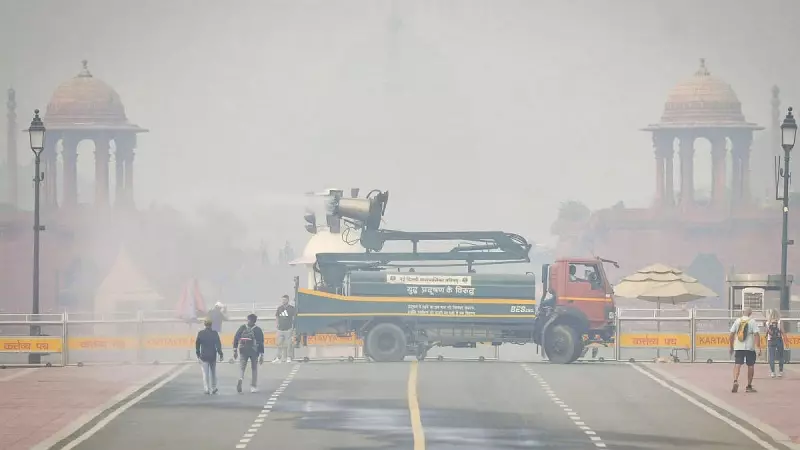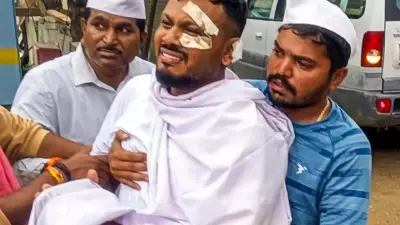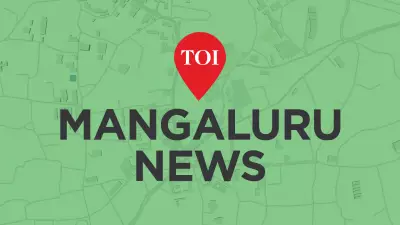
The Supreme Court of India has expressed grave concern over the deteriorating air quality in Delhi, describing the situation as "very, very serious" and demanding immediate action from state governments. The apex court's strong intervention comes as the national capital continues to choke under a thick layer of toxic smog.
Judicial Intervention in Pollution Crisis
A bench comprising Justice Sanjay Kishan Kaul and Justice Sudhanshu Dhulia took serious note of the alarming pollution levels during a hearing on November 7, 2023. The court emphasized that the hazardous air quality has created an emergency situation affecting millions of residents in Delhi and surrounding areas.
The Supreme Court specifically questioned the effectiveness of the odd-even vehicle rationing scheme implemented by the Delhi government, asking whether it was merely an optics exercise rather than a substantial solution to the pollution problem. The court's scrutiny comes amid ongoing debates about the actual impact of such measures on improving air quality.
Root Causes and Immediate Measures
The judicial bench identified stubble burning as a significant contributor to the pollution crisis. The court directed the governments of Punjab, Delhi, and other neighboring states to take immediate steps to stop farm fires that have been worsening the air quality across the region. This agricultural practice has become a major point of contention between state governments during the winter months.
Meteorological conditions have exacerbated the situation, with calm winds and low temperatures trapping pollutants close to the ground. The Air Quality Index (AQI) has consistently remained in the 'severe' category, with some areas recording readings above 450, which is considered hazardous for all residents, not just vulnerable groups.
Health Implications and Public Response
Medical experts have warned that the current pollution levels pose serious health risks, particularly to children, elderly citizens, and those with pre-existing respiratory conditions. Hospitals across Delhi have reported a significant increase in patients complaining of breathing difficulties, eye irritation, and throat infections.
The persistent smog has disrupted daily life, with schools considering closure and outdoor activities being severely limited. Many residents have been forced to wear masks, and air purifier sales have skyrocketed as people seek protection from the toxic air.
The Supreme Court has given state governments a strict timeline to implement effective measures and report back on their progress. The court made it clear that it would monitor the situation closely and would not hesitate to take stronger action if necessary to protect citizens' right to clean air.
This judicial intervention highlights the severity of Delhi's annual pollution crisis and the urgent need for coordinated action between multiple state governments and central authorities to address this public health emergency.





